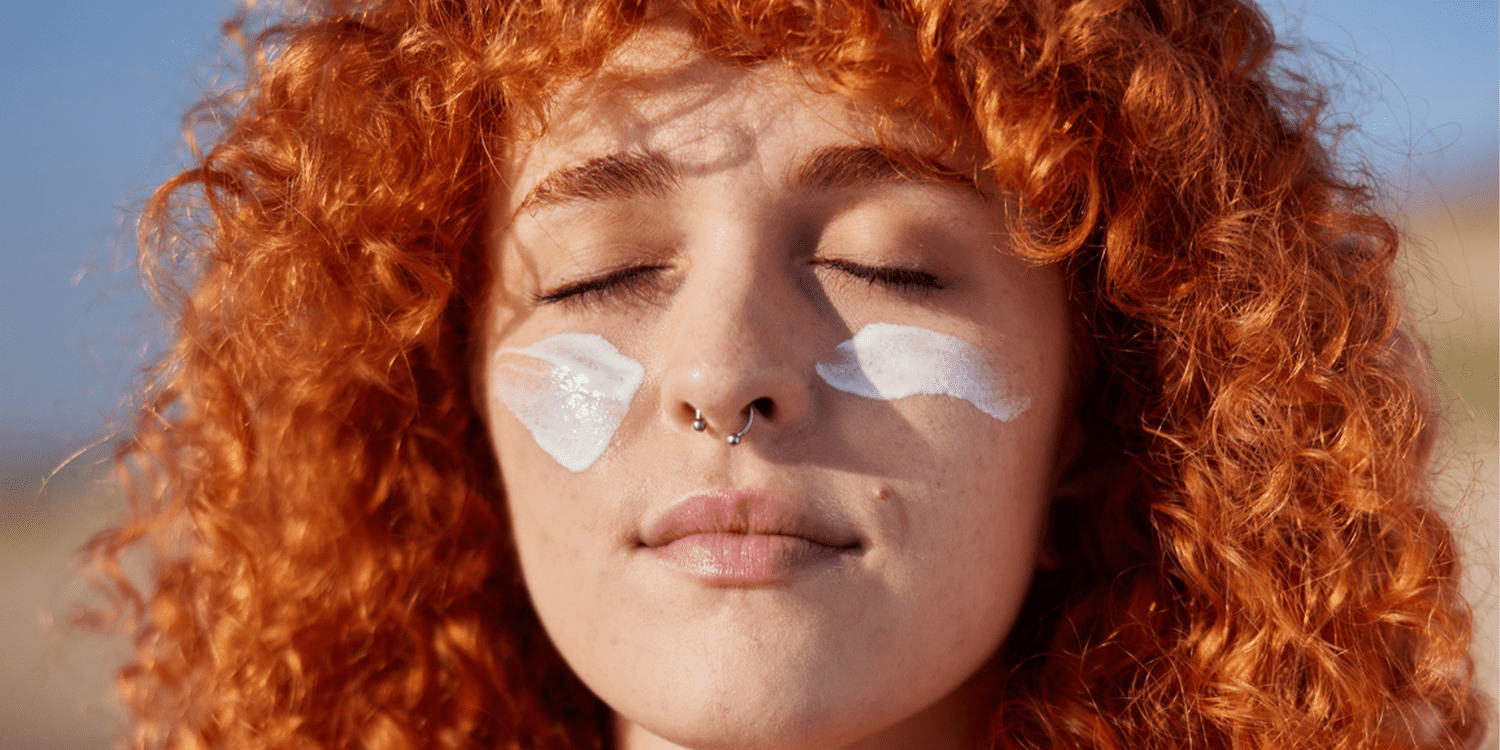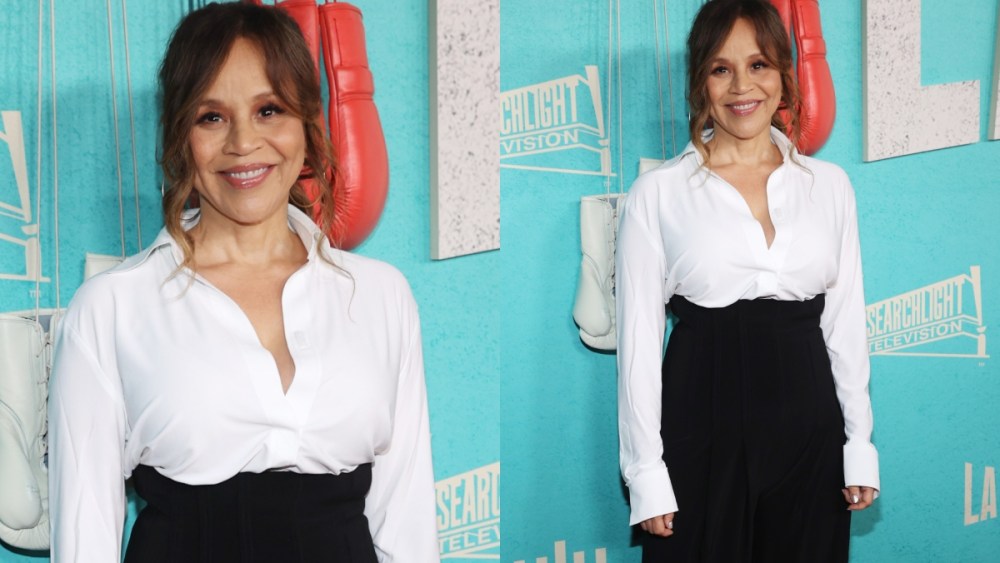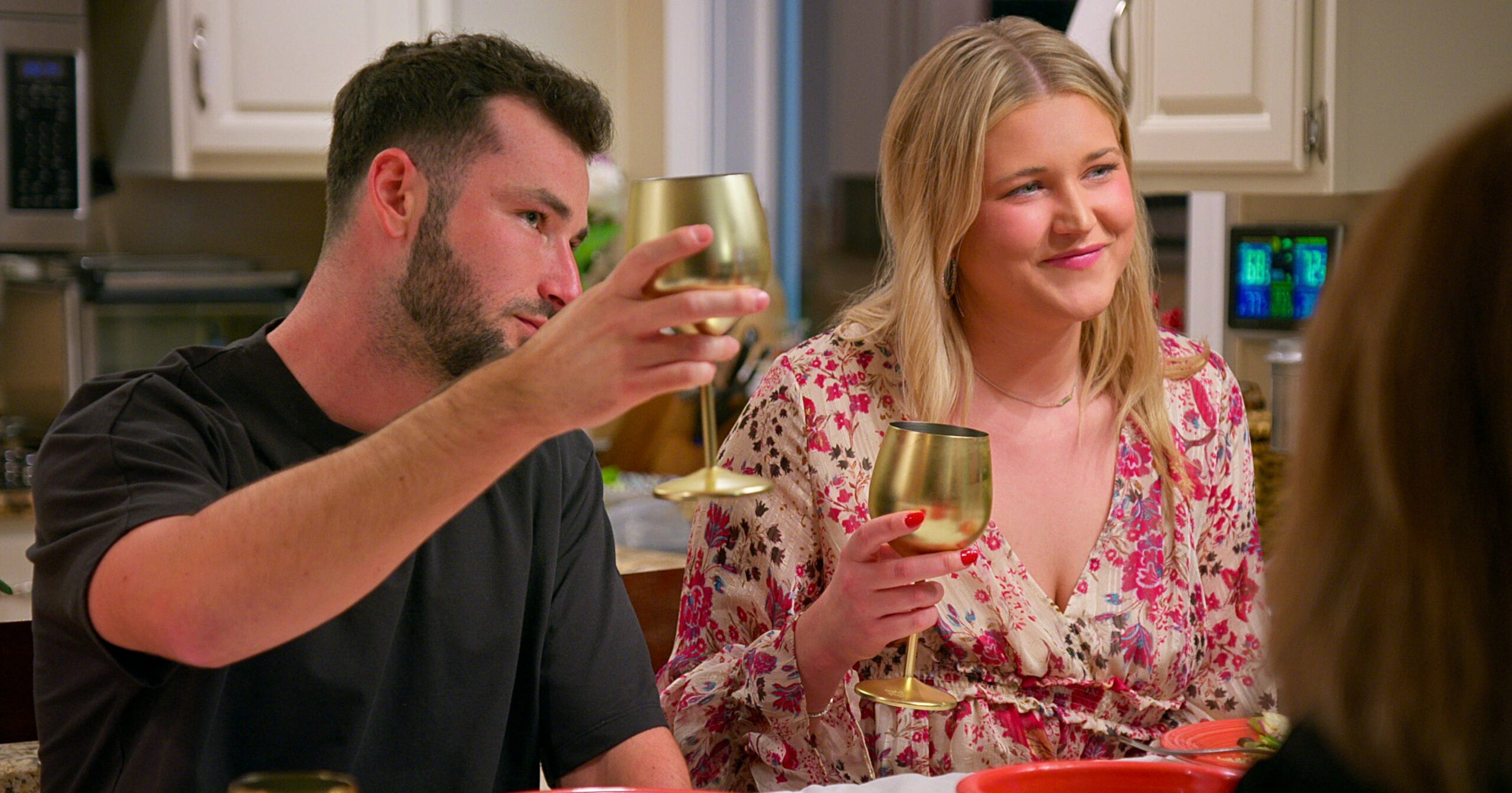Quite a few TikTok makeup and skincare hacks have earned a place in our beauty routine—like ombré concealer and skin icing. But, then, there are some that make us raise our eyebrows. Sunscreen cocktailing—mixing SPF with other cosmetics like foundation— is the latest #beautytok trend to elicit concerns and questions from dermatologists and beauty lovers alike. Ahead, we spoke to two skincare experts to find out everything you need to know about the buzzy SPF cocktail trend.
Meet the Expert
- Dr. Caroline Robinson is a board-certified dermatologist in Chicago, specializing in general, medical, and surgical dermatology.
- Dr. Marko Lens is a plastic and reconstructive surgeon, an authority on skin aging and skin cancer, and the founder of Zelens.
What Is SPF Cocktailing?
As mentioned, SPF cocktailing is a viral TikTok trend that involves mixing makeup products, such as highlighter, foundation, bronzer, or concealer, into sunscreen and then applying the concoction directly onto your skin. In theory, sunscreen cocktailing sounds like a good idea since combining products can help shave time off your morning routine and negate the white cast that some mineral sunscreens leave behind. However, our experts agree that it’s not wise to do so.
Why Shouldn’t You Mix Makeup with Sunscreen?
According to Dr. Lens, mixing your sunscreen with other products will compromise its protection benefits. “Mixing additional products into sunscreen can alter the chemistry of the sunscreen and affect how it protects the skin from UV rays,” he says. “Therefore, the skin is not protected from the UV light.”
Sunscreen formulations are complex and meant to be used as is, Dr. Robinson explains. While you may think adding a few drops of foundation or bronzer to your sunscreen is harmless, it can quickly weaken the sunscreen’s potency. Furthermore, some makeup contains oils, and emulsifiers can cause vital sunscreen components to separate, leading to textural issues. “[Sunscreen formulas] involve chemistry that depends on how the product sits on the skin, so mixing it with makeup risks changing the composition,” she explains. “For these reasons, using sunscreen as directed on the bottle is extremely important.”
Dr. Lens shares that sunscreen should always be the last step of your skincare routine. After it has fully absorbed into the skin, it is safe to apply makeup. “If you mix sunscreen with makeup, you will reduce the efficacy of the sunscreen, and it is not possible to predict by how much.”
What Are the Alternatives to SPF Cocktailing?
SPF cocktailing appeals to those who want to avoid the white cast that comes with mineral sunscreen, but there are many other ways to avoid looking ghostly. For one, before applying makeup, you can use chemical sunscreens (these are formulated to blend right into the skin) instead. Sunday Skin SPF50 Clear Glow Radiant Sun Serum, Colorescience Sunforgettable Total Protection Face Shield Flex SPF 50 ($49), or Black Girl Sunscreen Broad Spectrum SPF 30 ($16) are all great options. Dr. Lens’ also recommends his Daily Defence Mineral Sunscreen, which features non-nano zinc particles that give you a silky matte finish and no white cast.
Another way to ensure your skin doesn’t look chalky post-sunscreen application is to use makeup formulated with sunscreen. Tinted sunscreens, in particular, are a great alternative to sunscreen cocktailing since they’re formulated to leave behind a natural, skin-colored tint. Dr. Robinson likes ISDIN Eryfotona Ageless ($70), a lightweight tinted sunscreen that offers high broad spectrum protection and helps your skin look more even. We also recommend Tower28 Beauty’s SunnyDays SPF 30 Tinted Sunscreen ($32), Ilia’s Super Serum Skin Tint SPF 40 ($48), NudeStix’s Nudescreen Daily Mineral Veil SPF 30, and Saie’s Slip Tint Broad Spectrum Spf 35 Tinted Moisturizer ($36). However, it’s important to note most SPF makeup products are formulated with less-than-the-recommended amount of sunscreen. So, to make sure your skin is protected, apply your usual sunscreen first and then your SPF-infused makeup.
The Final Takeaway
While it may be a buzzy TikTok trend, mixing makeup with sunscreen isn’t a good idea, according to skincare experts. Tampering with your SPF formula can reduce its efficacy partially (or completely). Dr. Lens advises everyone to wear sunscreen as intended, per the ingredient label, and layer on makeup once the SPF fully absorbs into the skin. “In an era when we have a steep increase of skin cancer all around the world, as a skin cancer specialist, I think it is irresponsible to recommend sunscreen cocktailing,” he says.



